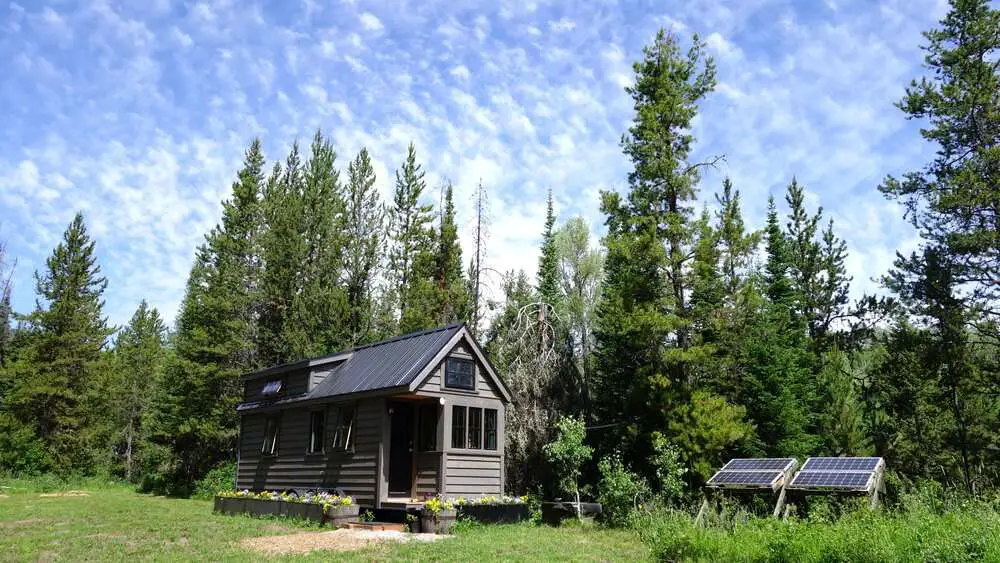Hello there! In this article, we’ll be discussing how you can achieve independence through off-grid living. We’ll explore the concept of living off the grid and provide you with some valuable insights and information. By the end, you’ll have a better understanding of what it means to be self-sufficient and living off the grid. So, let’s get started!
Achieving Independence through Off Grid Living
Living off the grid is an attractive concept for many people seeking independence and self-sufficiency. It is a way of life that allows individuals to disconnect from traditional utilities and rely on renewable energy sources and sustainable practices to meet their needs. In this article, we will explore the various aspects of off grid living, including its benefits, renewable energy sources, designing off grid systems, choosing appropriate appliances, managing water and waste, growing food, building structures, overcoming challenges, living in off grid communities, financial considerations, legal aspects, and how it can be a lifestyle choice. So, let’s dive in and discover the possibilities of achieving independence through off grid living.
Understanding Off Grid Living
Off grid living refers to a lifestyle where individuals or communities rely on their own resources to meet their basic needs. This includes generating their own electricity, collecting and purifying water, growing their own food, managing waste, and generally being self-sufficient. In this day and age, where the demand for resources and energy is ever-increasing, off grid living offers a sustainable alternative that reduces environmental impact and fosters a more harmonious relationship with nature.
Benefits of Off Grid Living
There are numerous benefits to choosing an off grid lifestyle. Firstly, it allows individuals to become more conscious of their energy usage and encourages them to adopt renewable energy sources. By relying on solar panels, wind turbines, or hydroelectric systems, off grid dwellers reduce their carbon footprint and contribute to a cleaner, more sustainable future.
Secondly, off grid living promotes independence. By generating their own power and meeting their own needs, individuals become less dependent on traditional utilities and have greater control over their resources. This self-reliance fosters a sense of empowerment and freedom.
Furthermore, off grid living often leads to a healthier and more natural lifestyle. Living in closer proximity to nature encourages outdoor activities, promotes physical well-being, and provides opportunities for organic food production. Additionally, the absence of modern amenities such as television and internet may lead to a more mindful and balanced lifestyle, allowing individuals to appreciate the simpler things in life.
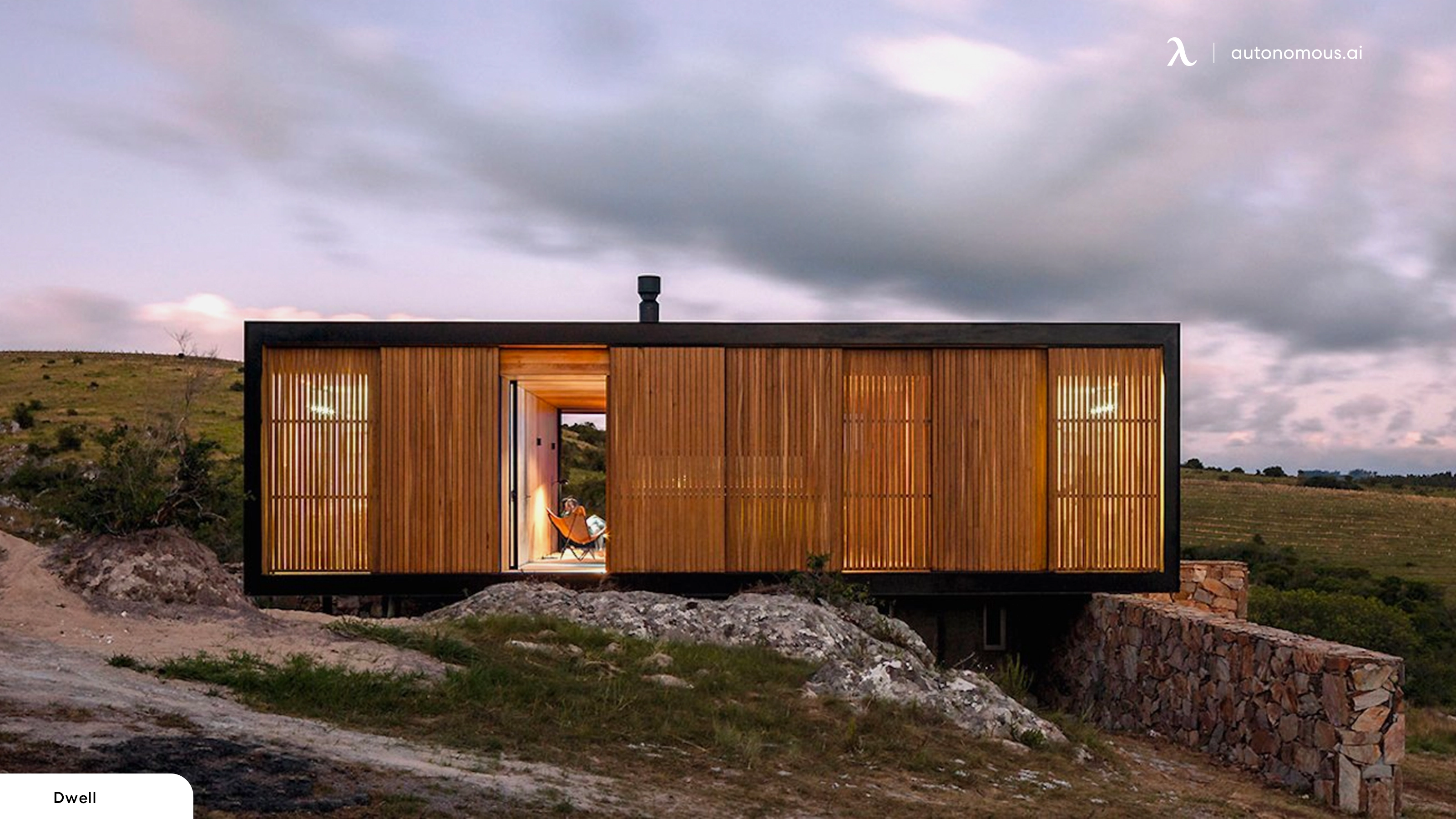
Exploring Renewable Energy Sources
One of the key components of off grid living is harnessing renewable energy sources. Solar power, wind energy, and hydroelectricity are commonly used alternatives to traditional sources such as fossil fuels. Solar panels, for example, convert sunlight into electricity, which can be stored in batteries for later use. Wind turbines harness the power of the wind to generate electricity, while hydroelectric systems utilize flowing water to produce energy.
Choosing the right renewable energy system depends on various factors such as location, climate, and power requirements. It is essential to conduct thorough research and consult with experts to determine the most suitable option for your off grid lifestyle.
Designing an Off Grid System
Designing an off grid system involves a careful consideration of energy requirements, storage capacity, and power generation capabilities. Conducting an energy audit to assess your energy needs is a crucial first step. This involves evaluating the power consumption of your appliances, lighting, heating, cooling, and other electrical devices.
Once you have determined your energy requirements, you can select the appropriate renewable energy sources and design a system that meets your needs. This may involve installing solar panels, wind turbines, or hydroelectric systems. It is important to ensure that the system can generate sufficient power to meet your needs and provide backup capacity for periods of low energy generation, such as during cloudy days or calm winds.
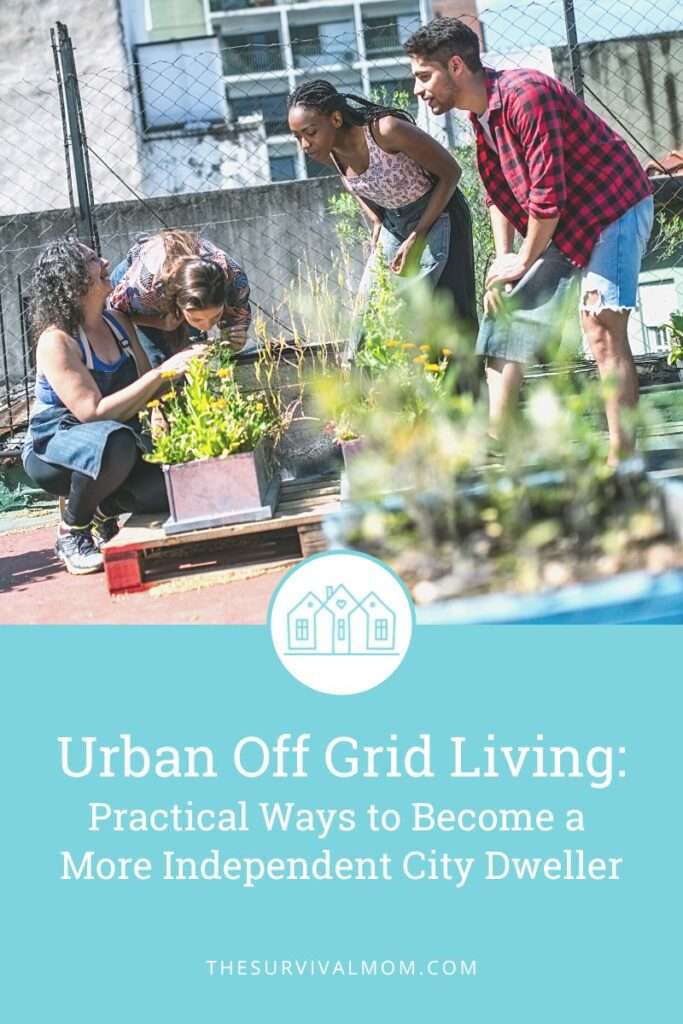
Choosing Off Grid Appliances
When living off the grid, it is essential to choose appliances and devices that are energy-efficient and suitable for off grid living. Energy-efficient appliances can significantly reduce power consumption and prolong the battery life of your off grid system. Look for appliances with high Energy Star ratings as they are designed to minimize energy usage.
In addition to energy efficiency, off grid appliances should be able to operate on low voltage systems. This ensures compatibility with your off grid power supply. It is also advisable to invest in appliances that can run on multiple energy sources, such as gas or wood, as this provides flexibility and redundancy.
Water and Waste Management
Water is a vital resource for off grid living, and efficient water management is crucial for sustainability. Collecting rainwater through gutters and storing it in tanks or barrels is a common practice among off grid dwellers. This collected water can be used for various purposes such as drinking, cooking, cleaning, and gardening.
Water purification systems, such as filters or UV sterilizers, may be necessary to ensure the water is safe for consumption. It is important to regularly test and maintain these systems to ensure their effectiveness.
Effective waste management is also essential for off grid living. Composting toilets can be used to convert human waste into compost, which can then be used as fertilizer for gardens. Recycling and repurposing materials whenever possible helps reduce waste and minimize the need for new resources.
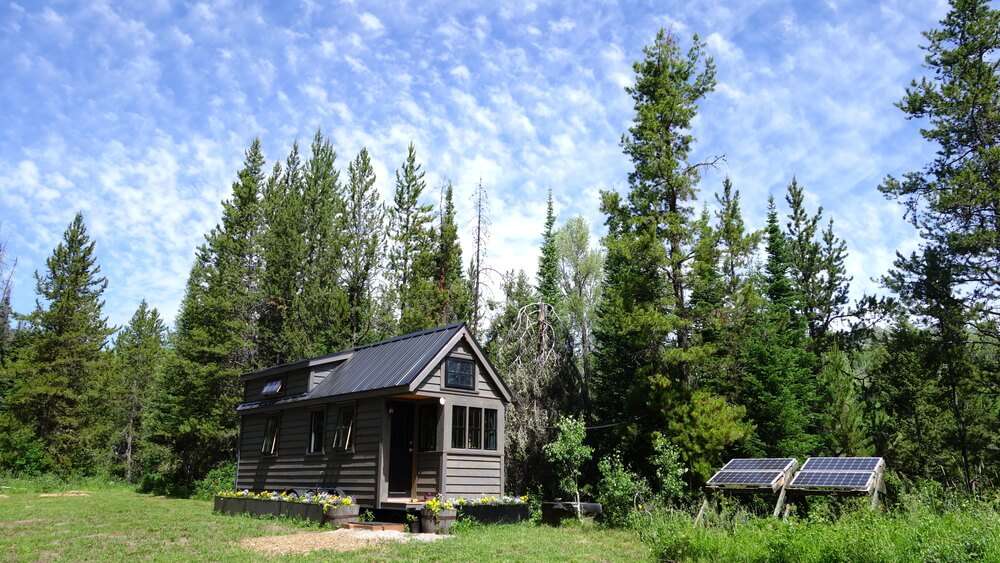
Growing Food Off Grid
One of the advantages of off grid living is the opportunity to grow your own food. This not only promotes self-sufficiency but also provides access to fresh, organic produce. Setting up a garden, greenhouse, or aquaponics system allows off grid dwellers to grow fruits, vegetables, and herbs all year round.
In addition to traditional gardening methods, permaculture principles can be applied to maximize the efficiency and productivity of food production. Permaculture emphasizes working with nature to create sustainable ecosystems that require minimal human intervention. It takes into account natural patterns and cycles, optimizing water and nutrient use, and encourages biodiversity.
Building and Maintaining Structures
Off grid living often requires building or renovating structures to suit the specific needs of the lifestyle. The construction of energy-efficient homes with proper insulation and passive solar design is essential for maintaining a comfortable living environment and reducing energy consumption.
Materials used for construction should be sourced sustainably, and methods such as natural building techniques can be employed. These techniques utilize materials like straw bales, cob, or rammed earth, which have low environmental impact and provide good insulation properties.
Maintaining structures off the grid involves regular checks and repairs to ensure they remain in good condition. This includes inspecting and maintaining roofs, walls, windows, and thermal insulating materials. Implementing energy-saving practices, such as sealing air leaks and using natural ventilation, can also help optimize energy efficiency.
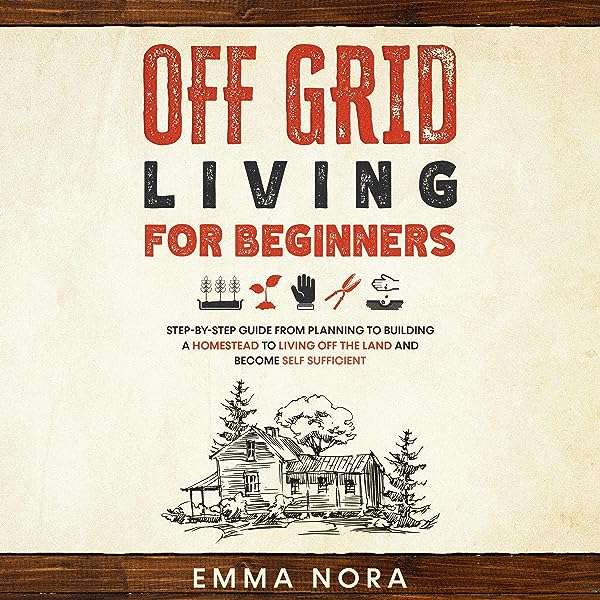
Navigating Off Grid Challenges
Living off the grid presents its own unique set of challenges. Energy conservation and careful management become crucial, as resources are limited. Weather conditions and seasonal fluctuations can affect the availability of renewable energy. Planning for backup systems, such as backup generators or alternative energy sources, can help mitigate these challenges.
Water availability and quality can also be challenging, especially in areas with limited rainfall or unreliable water sources. Implementing water-saving practices and investing in efficient water storage and purification systems can help overcome these challenges.
Living off the grid requires adaptation and a willingness to embrace a simpler lifestyle. It may involve a significant change in daily routines and habits. However, with careful planning and the right mindset, these challenges can be overcome, leading to a rewarding and sustainable off grid life.
Off Grid Living Communities
Living off the grid does not necessarily mean living in isolation. Off grid communities have emerged worldwide, where like-minded individuals come together to support and learn from each other. These communities offer opportunities for communal living, shared resources, and the exchange of knowledge and skills.
Joining an off grid community provides a sense of belonging and the chance to connect with others who share similar values and aspirations. It also enhances collective efforts towards sustainability and self-sufficiency by pooling resources and expertise.
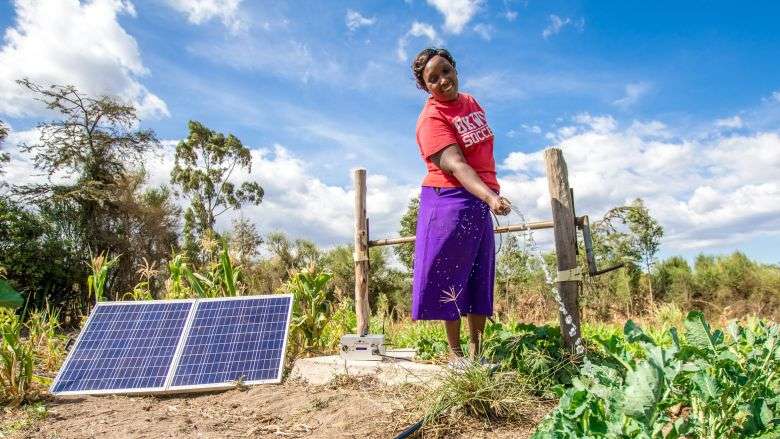
Financial Considerations of Off Grid Living
While the initial setup costs of an off grid system can be significant, the long-term financial benefits are substantial. By generating your own power and reducing reliance on traditional utilities, you can save on monthly electricity bills. Additionally, off grid living often promotes a simpler lifestyle, which can lead to reduced consumption and cost savings in the long run.
However, it is essential to carefully consider and plan for the financial aspects of off grid living. This includes budgeting for the initial setup costs, ongoing maintenance and repairs, and replacements of equipment. Conducting thorough research, seeking advice from experts, and developing a comprehensive financial plan will help ensure a smooth transition to an off grid lifestyle.
Legal and Regulatory Aspects
Before embarking on an off grid lifestyle, it is crucial to understand the legal and regulatory aspects that may affect your plans. Building codes, zoning regulations, and environmental restrictions vary between regions and countries. Some areas may have specific requirements for off grid living, such as permits for renewable energy systems or waste management.
It is advisable to consult with local authorities, building professionals, and legal experts to ensure compliance with relevant laws and regulations. Doing so will prevent potential legal issues and allow for a smoother transition to off grid living.
Off Grid Living as a Lifestyle Choice
Off grid living is not just about achieving independence and self-sufficiency; it is also a deliberate lifestyle choice. It is a conscious decision to reduce dependence on external resources, reconnect with nature, and prioritize sustainability. By embracing such a lifestyle, individuals can make a positive impact on the environment, promote conscious consumption, and lead a more fulfilling and intentional life.
Living off the grid encourages self-reflection, personal growth, and a deeper appreciation for the Earth and its resources. It offers a unique opportunity to redefine one’s relationship with the natural world and to live in harmony with it. Off grid living is a testament to the fact that it is possible to lead a fulfilling and comfortable life while minimizing our impact on the planet.
Conclusion
Achieving independence through off grid living is a journey that requires careful planning, resourcefulness, and adaptability. By understanding the various aspects of off grid living, such as renewable energy sources, efficient water and waste management, food production, and sustainable construction, individuals can create a lifestyle that aligns with their values and aspirations. Off grid living offers the freedom to be self-reliant, to experience a deeper connection with nature, and to contribute to a more sustainable future. So, if you are seeking independence and a more sustainable way of life, consider the possibilities of off grid living, and embrace the journey towards achieving true freedom and self-sufficiency.

